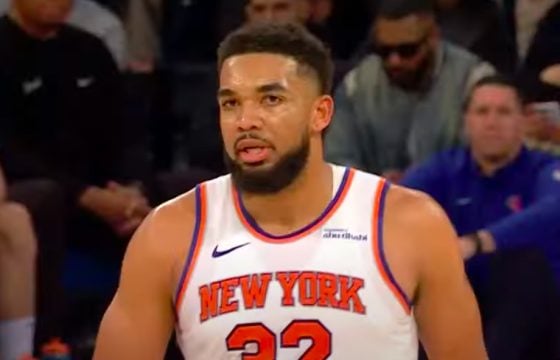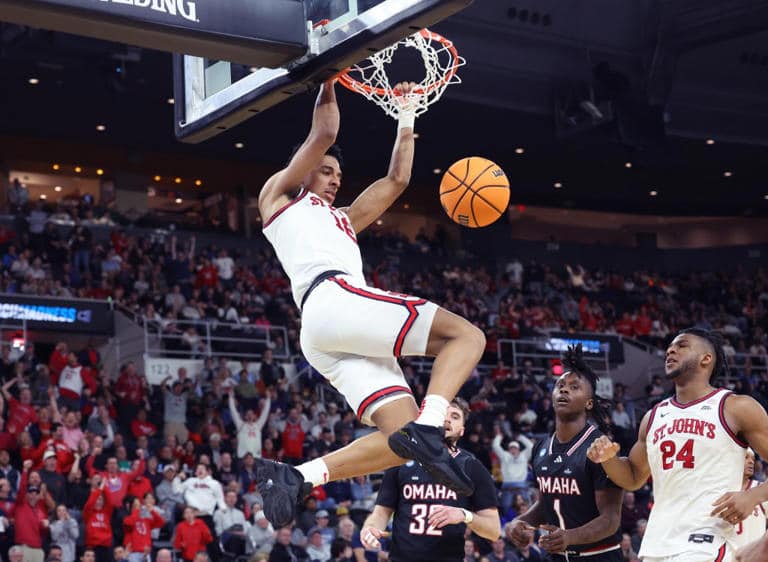MIAMI — Joe Mazzulla admitted after Game 3 that an 0-3 deficit has disconnected players and coaches. A day after, Malcolm Brogdon faced the media in their hotel ballroom. He hadn’t yet spoken to many of his teammates that morning as they stood just over 24 hours from potential elimination.
It’s been a disjointed postseason to say the least, watching players simultaneously taking a larger share of the leadership role and struggling to stay together. That latter issue only appeared within the past week with the thrill of a 2-3 comeback against the 76ers masking locker room issues that never went addressed earlier in the season. Two second half collapses against the Heat at TD Garden returned them to full view.
Now, as Mazzulla’s job status becomes a top question, it’s hard to defend his process. It led the team to question the steps they took to reach the position they’re in now.
“It’s definitely concerning,” Brogdon said. “I think we’ve taken a few steps back, I think, in these playoffs overall. It’s showing because we’re playing a consistent, well-coached team, but I think in the Atlanta series, I think in the Philly series, I think we got away with things that, now, are biting us … it’s mainly on the defensive end. We haven’t been consistently great defensively all year long, and that was the team’s identity last year. I think that slipped away from us. We’ve had spurts where we’ve been great defensively, but not consistently and honestly, we’ve struggled in every series we’ve played.”
Mazzulla entered the head coaching position intent to not change much when he ascended from his back row assistant role to replace the suspended and eventually fired Ime Udoka. He helped hone the defensive game plans late in the postseason and grew more actively involved with the roster, but Al Horford didn’t know Mazzulla well from the previous year. Carrying an offensive mindset, with innovative ideas on how to address turnover, spacing and unlocking his best players, things began changing starting in training camp. Mazzulla spent the fall stressing offensive principles, content that the team mastered the defensive end.
Instead, the Celtics started slowly on that end, ranked No. 20 through 22 games when November ended, and while Mazzulla explained how shot selection and decisions on offense set up the best defense possible, a lack of individual accountability on that end and a schematic inability to force turnovers left the unit looking less forceful. Even when principles like gang rebounding, a drop scheme that lured teams into mid-range shots and the return of Robert Williams III from injury helped them rise to No. 2 in defensive rating.
“Our strength is our offensive management,” Mazzulla said after James Harden picked Boston apart in Game 1 of last series while Joel Embiid sat. “When you have 20 points off turnovers, when you have 10 live ball turnovers, when you get out-shot by 12 at the three-point line and when you get out-shot by 11 in general, it really doesn’t matter what coverage you play. It’s a variation game at that point. For this team, they’ve been built on defense for a very, very long time, and they have the DNA of that and they’re always gonna play hard, but we manage the game best with our offensive decision-making.”
That message changed later in the Philadelphia series after Game 5, one of the first times Mazzulla condemned his team’s performance collectively, calling it the first game they didn’t play well in the postseason. He returned to the double-big lineup that largely didn’t play together in the regular season, falling to a -12 net rating per 100 possessions and never gaining the chemistry or repetitions to become the team’s go-to unit.
It thrived and saved the series, Embiid later calling it the decider between the two teams, but Mazzulla abandoned it quickly in Games 1 and 2 against Miami. He never fully trusted last year’s identity, and despite conceding to players who wanted to return to a defense-first mindset, his preferences broke through again when White returned to the starting lineup for Game 3. Williams III barely played. The defense collapsed. The Celtics took 46 threes. After, Mazzulla said he didn’t properly prepare the team to play, but defended their shot selection.
“Is there a guarantee that (ball movement) gets you something better? I’m just asking,” he said. “When we’ve been really good, creating those five-on-fours, four-on-threes is where we’ve gotten really good looks, and when those go in is when we’re dynamic as an offense. That’s where we’ve really made our runs throughout the season … because of our ability to create those advantages and make those shots early. I think that’s a huge part of our offense and identity, but yes, there are certain times throughout the game where you have to execute in the half court, but you have to make those shots as well.”
Shooting fortune undoubtedly will play a major part of the Celtics’ fate. Miami shot 50% on mid-rangers through three games and nearly 50% on threes above the break and in the corner. That doesn’t explain Tatum’s inability to create shot attempts in the two Boston losses, the team continuing to lose Caleb Martin on his way to 48% three-point as part of a bend-don’t-break defensive approach and general discontent evident in the game plan.
Offensively, the pressure Tatum and Brown drew to gain those advantages often left them out of the play. At shootaround before Game 3, Tatum disappearing from actions stemmed from a desire to take advantage of those four-on-threes. Tatum often defended Mazzulla.
“At the end of the day, as coaches, we’re all doing the best we can and that’s it,” Mazzulla said. “When it’s your time, it’s your time. It starts with us, we’re the leaders, we’re out in the front and it’s our job to set the temperature, set the tone and that’s what we’re held accountable to, so we’re not the only job where that’s the case. That’s how the world works. It is what it is.”
Questions started early in that Philadelphia series when Brogdon and Brown questioned the defensive game plan. Marcus Smart later stressed Mazzulla needs to make adjustments, and criticism he received was “rightfully so.” Others expressed support of their coach, but gave little on their way to arguably the worst loss of the Brown and Tatum era on Sunday.
Coaches — as Mazzulla learned this year — take the fall. A team that he emphasized managing, leading and forming an identity on their own failed to do so. If Mazzulla answers for it, so will the rest of the roster eventually.
“Our identity has waned all year long,” Brogdon said. “We’ve been trying to figure out who we are, because we’re such a talented scoring team, but when we don’t make shots, we’ve gotta rely on our defense and our defense isn’t consistent every night … I think defense should be the identity … it’s the best defensive teams that are going to take that step forward and win a series. I think we’ve seen that. Shots aren’t going to fall every night.”





